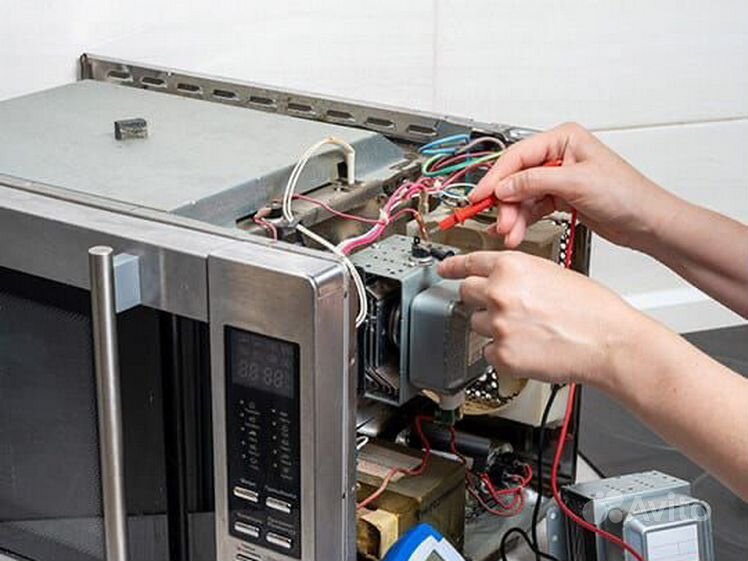Decentralized Poker Platforms in the USA: Navigating Tariffs and Trade Wars with Blockchain Solutions

The online gaming industry in the USA has witnessed tremendous growth, and poker remains one of the most popular games in the digital space. With the rise of decentralized poker platforms, blockchain technology has proven to be a game-changer, offering transparency, security, and fairness to players. However, as the world grapples with the effects of global tariffs and trade wars, the decentralized poker industry faces unique challenges that could impact its growth and stability.
In this blog, we’ll explore how decentralized poker platforms in the USA are navigating the challenges posed by global tariffs and trade wars. Additionally, we will examine how Crypto Card Game Mobile App in the USA developers can use blockchain solutions to remain competitive, compliant, and efficient amidst these disruptions.
1. The Impact of Tariffs and Trade Wars on Decentralized Poker Platforms in the USA
The global economic environment, driven by trade wars and tariffs, has had a significant impact on the online gaming and blockchain industries in the USA. Below are some key challenges developers and operators face in this evolving landscape.
Rising Technology Costs Due to Tariffs
-
Increased Blockchain Infrastructure Costs: The blockchain infrastructure required for decentralized poker platforms relies on imported technology. This includes servers, computing power, and blockchain nodes that are often sourced from overseas. As tariffs on technology imports rise, the cost of acquiring and maintaining these critical components increases. For developers, this results in higher operational costs, which may lead to higher service fees for players or limit platform features and expansions.
Cryptocurrency Volatility
-
Fluctuating Digital Currency Values: Poker platforms that rely on cryptocurrencies for transactions can experience instability due to the volatile nature of digital currencies like Bitcoin and Ethereum. The influence of trade wars and tariffs on the global economy can worsen cryptocurrency volatility, making it difficult for developers to maintain stable pricing models. Players may also experience unpredictability regarding the value of their deposits, bets, and winnings.
Shifting Regulatory Landscape
-
Evolving Legal Requirements in the USA: The global trade environment, combined with ongoing debates around cryptocurrency regulations, may result in evolving laws that affect the operation of decentralized poker platforms in the USA. New tariffs or amendments to regulations related to cryptocurrency usage or online gambling could force developers to adjust their platforms to comply with updated legal frameworks. Adapting to these changes could require significant time, effort, and financial resources.
2. Blockchain Solutions to Navigate Tariffs, Trade Wars, and Regulatory Challenges
While the effects of tariffs and trade wars present challenges, blockchain technology offers several key solutions to help decentralized poker platforms in the USA stay competitive, efficient, and compliant.
Stablecoins to Minimize Cryptocurrency Volatility
-
Reducing the Impact of Market Fluctuations: Stablecoins, which are pegged to stable assets like the U.S. dollar, can mitigate the volatility typically seen with cryptocurrencies. By incorporating stablecoins into poker platforms, developers can provide players with a more predictable in-game currency. This reduces the risk associated with fluctuating cryptocurrency values and ensures that deposits, winnings, and wagers remain stable regardless of market conditions.
-
Predictable Revenue for Developers: For developers, stablecoins provide a consistent revenue stream. With stablecoins offering price stability, developers can more accurately forecast earnings, manage operating costs, and avoid revenue fluctuations caused by volatile digital currencies.
Decentralized Payments for Lower Fees and Faster Transactions
-
Eliminating Intermediaries: Blockchain’s decentralized nature allows for peer-to-peer transactions, bypassing traditional financial intermediaries like banks or payment processors. This reduces the cost of transactions, which can be significantly impacted by tariffs and financial restrictions. By using blockchain for payments, decentralized poker platforms can offer lower transaction fees, creating a more affordable and seamless experience for players.
-
Faster Payments Across Borders: As trade wars lead to delays in traditional cross-border payment systems, blockchain ensures instant transactions, enabling players to deposit, bet, and withdraw funds quickly and securely. The ability to facilitate fast, low-cost payments is particularly important for maintaining player satisfaction in a competitive online gaming environment.
Smart Contracts for Automation and Compliance
-
Automating Key Platform Processes: Blockchain-based smart contracts can automate critical operations like placing bets, distributing winnings, and managing game outcomes. By reducing the need for manual intervention, smart contracts help streamline poker platforms, improving operational efficiency and reducing administrative costs. This is particularly beneficial in the face of rising operational costs caused by tariffs and trade wars.
-
Ensuring Compliance with Regulations: As the regulatory landscape evolves, smart contracts can be designed to automatically enforce compliance with legal requirements, such as anti-money laundering (AML) policies, age verification, and responsible gaming protocols. This reduces the burden on developers to manually track and update regulatory requirements, allowing them to focus on platform expansion and innovation.
Transparency and Fair Play
-
Provably Fair Games: Blockchain ensures that every transaction and game outcome is recorded transparently on an immutable ledger. This transparency allows players to independently verify that their poker games are fair and free from manipulation. For players, this means increased trust in the platform, which can help maintain a loyal customer base even during periods of global economic uncertainty.
3. The Role of Crypto Card Game Mobile App in the USA in Blockchain Solutions
For Crypto Card Game Mobile App in the USA developers, blockchain technology can be instrumental in creating a seamless, fair, and compliant gaming experience. Here's how blockchain solutions enhance crypto card games:
Fairness and Transparency
-
Blockchain Guarantees Fair Play: By recording every card dealt and every bet placed on the blockchain, developers can offer players verifiable proof that the game is fair and not manipulated. This level of transparency ensures that players trust the platform and encourages repeat engagement.
Faster Transactions and Lower Fees
-
Real-Time Transactions: Blockchain enables instant transactions, allowing players to make deposits, place bets, and withdraw winnings quickly without delays. Additionally, blockchain’s low transaction fees make it easier for players to engage in gaming without being burdened by high costs, particularly as tariffs increase fees for traditional financial transactions.
Global Accessibility
-
Breaking Down Cross-Border Barriers: Blockchain allows global access to poker platforms, enabling players from any country to participate without the constraints of tariffs or financial restrictions. This means developers can expand their user base internationally, driving growth and profitability.
4. Key Benefits of Blockchain for Decentralized Poker Platforms and Crypto Card Game Apps in the USA
-
Stablecoins for Stability: Stablecoins help provide a stable and predictable currency for players, reducing the impact of cryptocurrency volatility.
-
Decentralized Payments for Lower Fees and Faster Transactions: Blockchain enables peer-to-peer transactions, reducing transaction fees and offering faster payments, creating a smoother experience for players.
-
Transparency and Fair Play: Blockchain ensures fairness by allowing players to verify game outcomes independently, increasing player trust and loyalty.
-
Smart Contracts for Automation and Compliance: Smart contracts help automate key processes and ensure compliance with evolving regulations, reducing administrative burdens for developers.
5. Conclusion
While global tariffs and trade wars pose significant challenges for decentralized poker platforms in the USA, blockchain technology provides the tools needed to navigate these disruptions effectively. By leveraging stablecoins, smart contracts, decentralized payments, and provably fair games, developers can reduce operational costs, ensure compliance, and provide a more predictable and efficient gaming experience for players. For Crypto Card Game Mobile App in the USA developers, blockchain solutions offer a powerful way to overcome the hurdles of trade wars and tariffs, ensuring continued growth and success in a dynamic, global market. Blockchain is the key to creating a resilient and innovative gaming platform that can thrive despite the uncertainties of the modern economic landscape.
What's Your Reaction?
 Like
0
Like
0
 Dislike
0
Dislike
0
 Love
0
Love
0
 Funny
0
Funny
0
 Angry
0
Angry
0
 Sad
0
Sad
0
 Wow
0
Wow
0















































